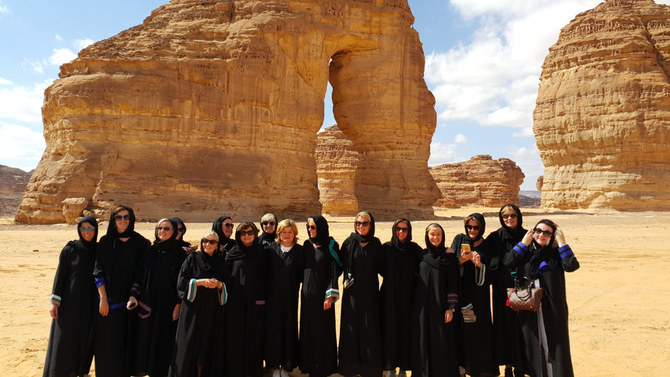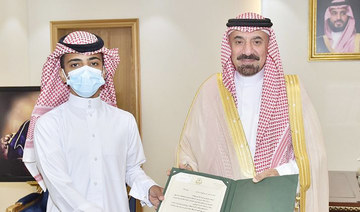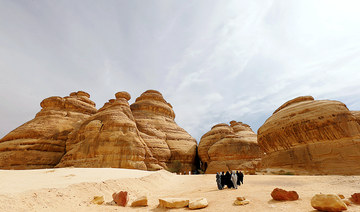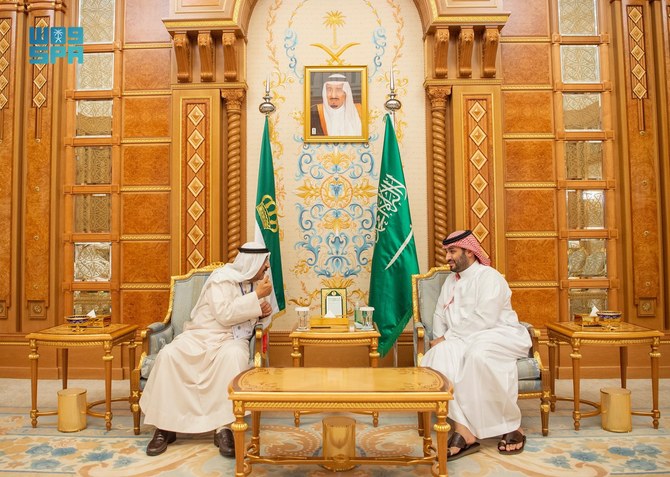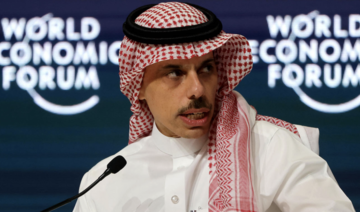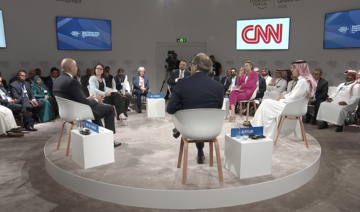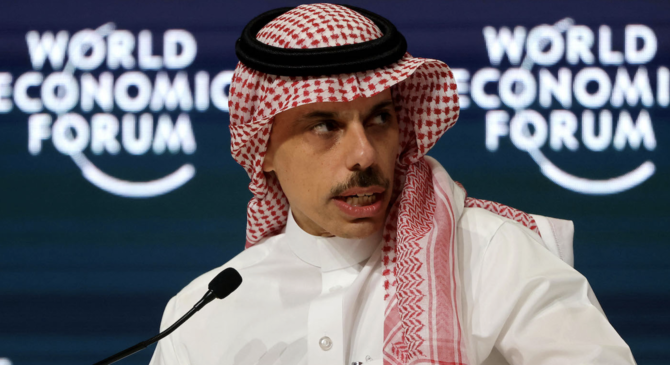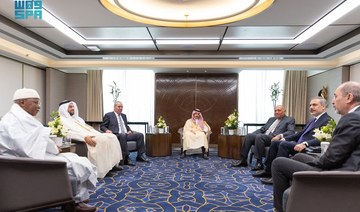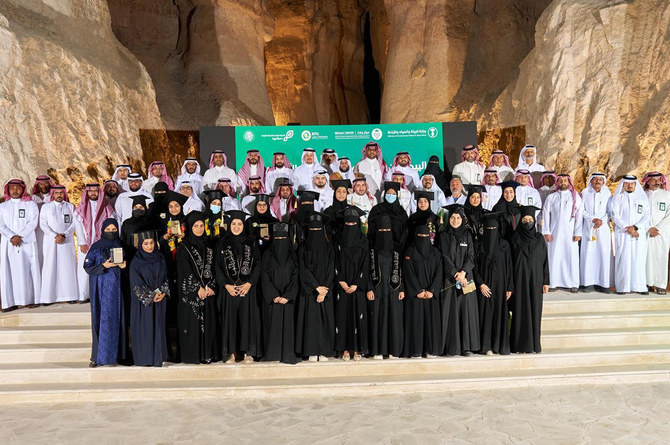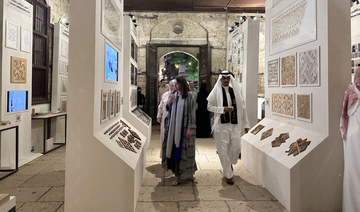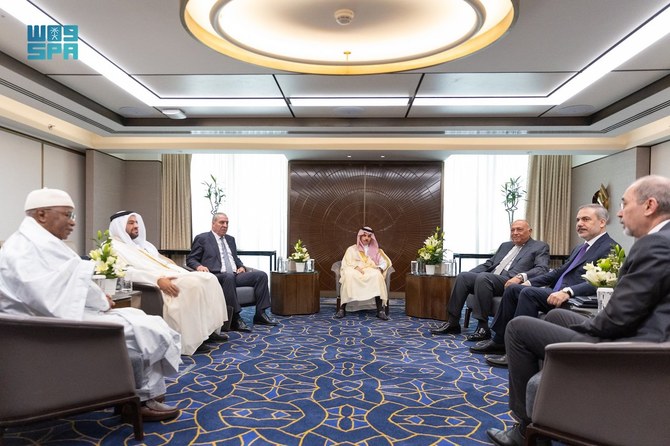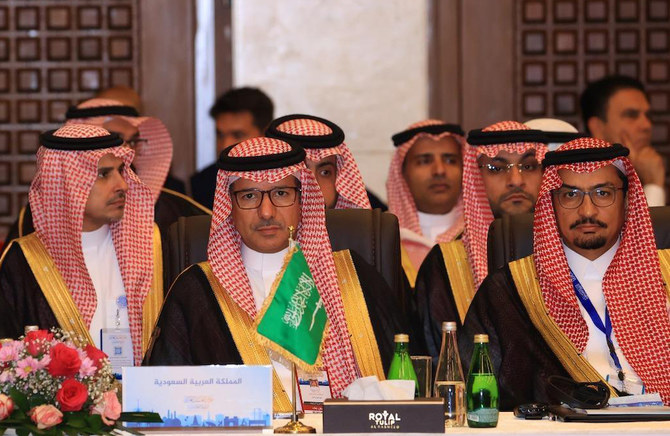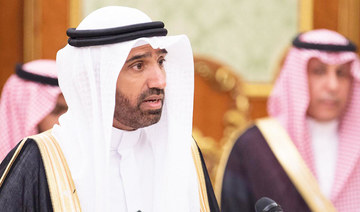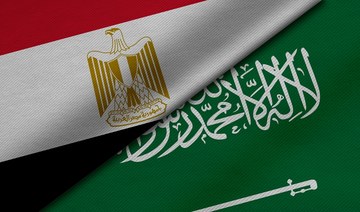MAKKAH: For Saudi tour guide Khaled Al-Took a career helping to showcase the Kingdom’s natural and cultural treasures to the world has been more than just a job — it has been a labor of love.
After more than two decades in the role, he has not only become a walking encyclopedia on Saudi people, customs, and traditions but has also witnessed a seismic change in the country’s approach to home and foreign tourism.
Opening up the Kingdom to tourists from around the world has been one of the cornerstones of the Vision 2030 reform plan to boost economic growth.
And Al-Took has been a key player in the nation’s journey of transformation.
Speaking to Arab News about his experiences in the sector, he said that the main mission of a tour guide was to execute the agreement signed between a travel operator and their customer.
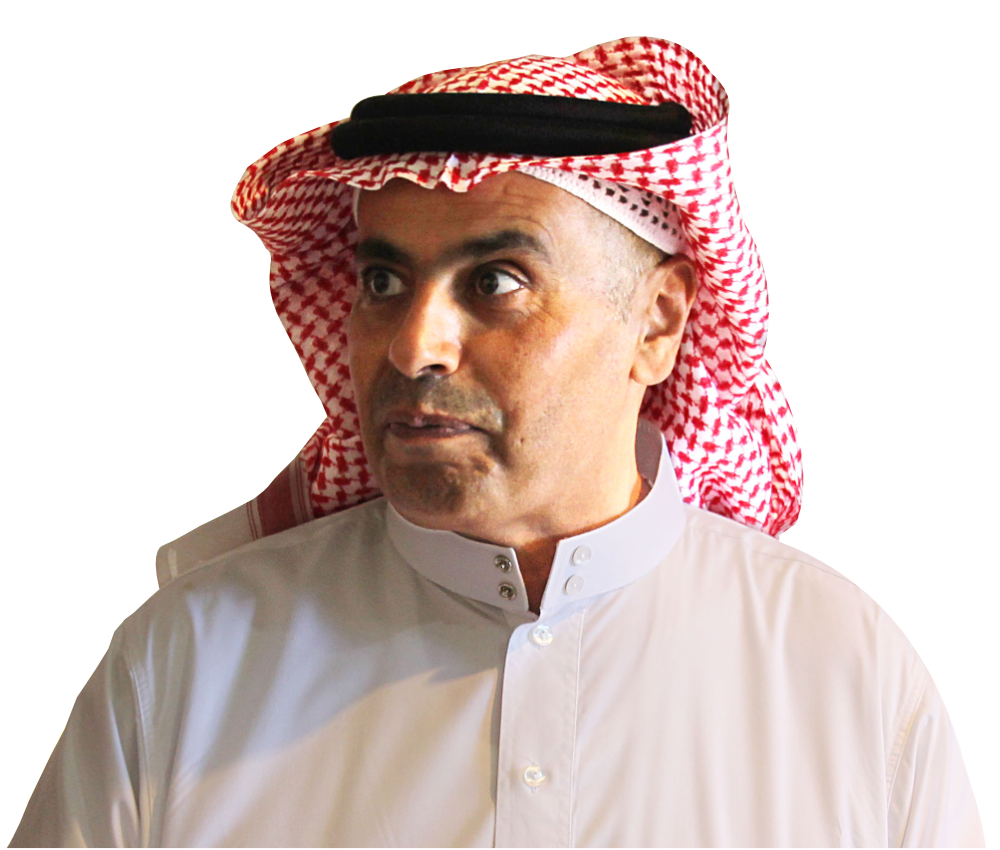
Khaled Al-Took
“A tour guide has many responsibilities because they are effectively the ambassador of their country and region before the visiting tourists. They must represent that region and do their best to convey its true image,” he said.
He added that tour guides played a significant role in shaping the whole visitor experience and must possess an array of skills to meet with tourist expectations.
It was important for them to be familiar with program itineraries and timings and be able to pass on facts, figures, and stories about historic and cultural attractions.
“Another feature that characterizes the tour guide, is their ability to depict the personality of the guest and know when to speak and when to remain silent,” he said.
Al-Took pointed out that one of the aims of a good tour guide should be to help create lasting memories for visitors. It was their responsibility to do detailed background research on destinations and attractions in order to be able to pass on accurate information and informed comment.
“The best way to shed light on the beauty of any tourist attraction is to present it as it is with all its genuine facts, leaving the final decision to the recipient,” added Al-Took.
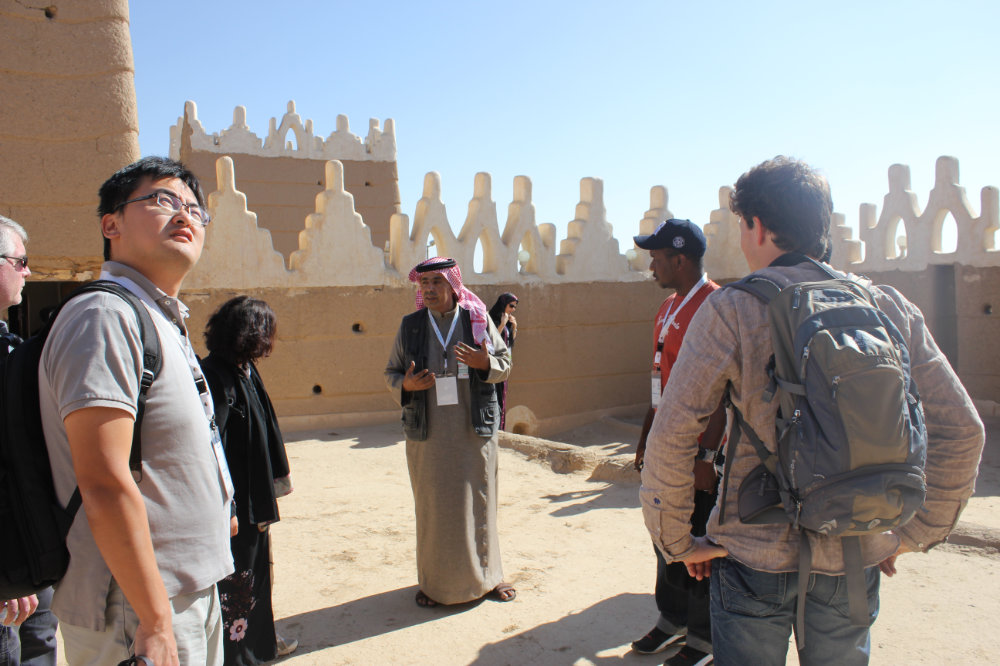
Saudi Arabia has unlimited tourism potential thanks to its beaches, islands, plains, mountains, and deserts along with its distinctive and unique cultural heritage and civilization, says Al-Took. (Supplied)
His introduction to the job came about by pure coincidence more than 20 years ago.
“I was passionate about internal travel and getting to know the cities and regions of my country. I was impressed by the cultural diversity and different environments we have.
“So, I completely devoted myself to this work, driven by my desire to explore its depths and intensively learn about the ancient civilizations and their relationship to the present, as well as the monuments and effects that stand as a valuable witness to the richness of our civilization and culture.
“Throughout my years in this work I have constantly been learning, and I am still learning and discovering. I am an insatiable learner. During every visit I make a point, whether alone or with tourists, to learn something new by unravelling new facts about something I perhaps had not noticed before or through remarks made by the tourists,” he said.
Al-Took noted that tour groups often spotted fine detail that a guide may have missed.
“God has created us in different tribes and races in order for us to meet each other, thus exchanging our respective knowledge. Through these trips, during which have I got to know many people from different cultures, many questions come to mind that I convey to my guests. They rejoice when we find a cultural or heritage meeting point between us.
“During one visit, I found out through speaking to a guest from New Zealand, that there was a meeting point between indigenous people and Gulf culture in general and our culture in Saudi Arabia in particular, which was greeting by the touching of noses,” he added.
Early in his career, the number of tourist guides in Saudi Arabia could be “counted on the fingers of one hand,” which meant tour operators employed them on a wide variety of trips including cruises, and day tours of Jeddah, Duba, Dubai, and Bahrain.
“I also led trips specialized in tracking the ancient trade routes from the south of the Arabian Peninsula and Dubai to the Kingdom’s border with Jordan in the north, as well as following some routes heading east and south to the Saudi border with Yemen and Oman deep in the Empty Quarter.”
Al-Took has also organized cultural trips in regions throughout the Kingdom, highlighting ancient civilizations, inscriptions, and spectacular rock structures.
“I had the opportunity to collaborate with celebrities as well as other people from all nationalities, and all of them agreed they had a positive impression about Saudi Arabia since it is a large country holding a lot of unknowns.
“Many people assert that the stereotype they know about Saudi Arabia quickly fades away on their first visit, and the deeper they go the more they discover that everything they had read in the press, old books, or reports from contemporary travelers was different from what they saw themselves.
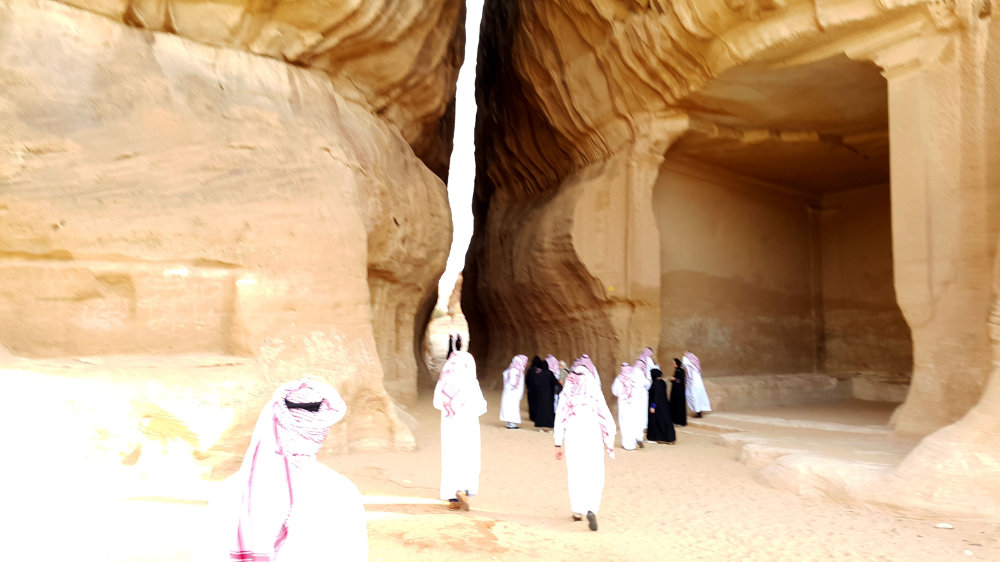
Saudi Arabia has unlimited tourism potential thanks to its beaches, islands, plains, mountains, and deserts along with its distinctive and unique cultural heritage and civilization, says Al-Took. (Supplied)
“They often find that the stories they have been told are incorrect and quite opposite to their own experience on the ground. There is a cultural richness here and honest, welcoming people,” he added.
Many Saudis, he said, were not convinced or aware of the potential of tourism in their country but one of the positives to come out of the COVID-19 pandemic was the opportunity for people to get out and about locally and learn more about the Kingdom’s natural and cultural attractions.
“The Ministry of Tourism has played an instrumental role in highlighting these capabilities through a strong marketing campaign aimed at introducing Saudis and expats to these distinctive treasures,” he added.
“Some people who visited the Asir region during this period were shocked and reported that what they saw competed with the likes of Europe, where they used to spend their annual vacations.”
He pointed out that Saudi Arabia had unlimited tourism potential thanks to its beaches, islands, plains, mountains, and deserts along with its distinctive and unique cultural heritage and civilization.This fabric of different colors and tastes, he said, was a very marketable commodity.
“The culture, civilization, nature and, above all, a generous population unique in its humanity, heritage, and patriotism, all together form distinct and attractive elements put into perspective by the COVID-19 pandemic.
“I am confident that this emergence will be the beginning of a new destination, and strongly competitive, especially with the government’s orientation to make the tourism industry a source of national income in accordance with Vision 2030, which is not long away from being achieved.”






